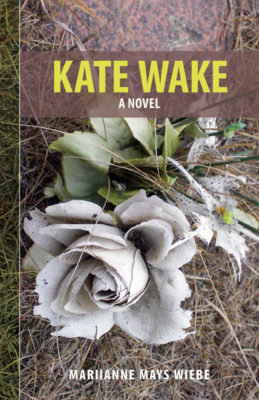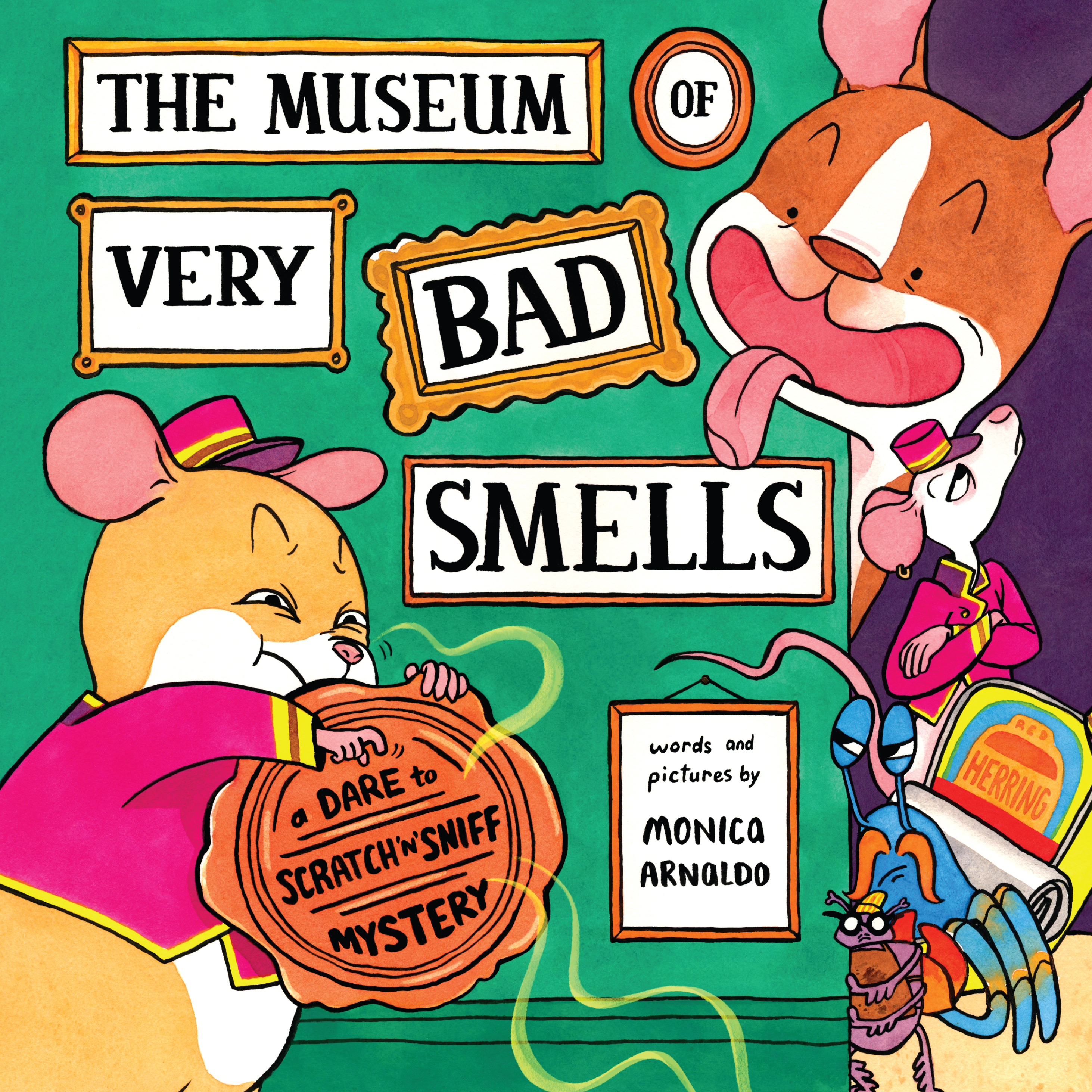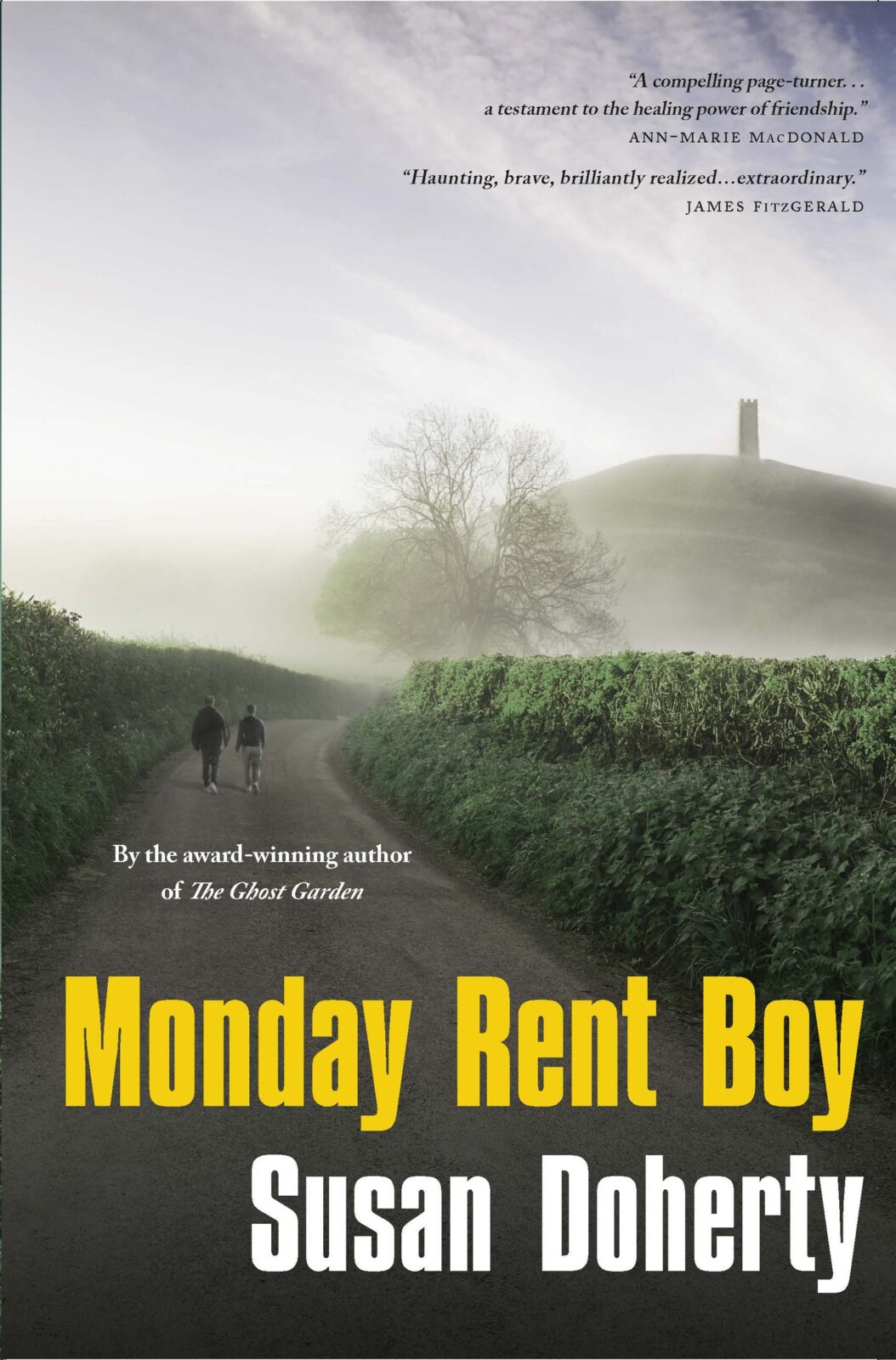Kate Wake is Canadian poet Mariianne Mays Wiebe’s first foray into fiction. Her heroine, Katie, is a solitary artist with a troubled past, and we follow her as she delves into her memories and family history. Juxtaposed with Katie’s story is that of her great-grandmother and namesake, Kate Wake, a singer-turned-painter who died tragically in a mental institution. From these two timelines, Wiebe has crafted an incredibly complex and layered novel that breaks away from the traditional narrative in “a notation that is part poetry, part story, part scenes from a life, and part something else altogether.” Like a collage, the novel has a multitude of pieces, and each tiny fragment contributes to the whole. Here, time is fluid and nonlinear. Wiebe’s own poems and those of Rainer Maria Rilke are scattered throughout, adding an otherworldly texture. In some parts, the book reads like a dream journal, at others, an art history lesson. But for me, the heart of Kate Wake lies in its exploration of love, grief, and the reconciliation of loss through art.
Anyone who’s ever felt trapped in their own mind will likely recognize themselves in parts of Kate Wake. The inner worlds we create for ourselves and the mysteries of the human psyche are central to the novel. One of the major settings in the book is the Hill, a so-called lunatic asylum in the1920s. Through various characters, Wiebe explores the treatment of mental illness in Canadian history, paying specific attention to the institutionalization of women. Kate Wake herself is falsely committed to the Hill after two men fail to vouch for her, in part due to her scandalous past. “And what right, anyway, had a pertinent woman to her own soul, her own inner being and counsel?” one character wonders bitterly. With Katie’s experience, Wiebe highlights how certain forms of mental illness can linger beneath the surface of our lives, and how difficult they can be to talk about – even today.

Kate Wake
Mariianne Mays Wiebe
DC Books
$21.95
paper
274pp
9781927599464
Woven into the story are detailed commentaries on famous artists – painters, composers, and poets – and their work. Despite Wiebe’s gorgeous prose, I have to admit that my mind often wandered during these essay-like passages. With no art history background to speak of, I struggled through these seemingly disconnected clusters of information. That said, I was rewarded for my efforts. Written with an academic’s keen eye and understanding, Wiebe’s commentaries add layers and depth to the story, like a choir of voices that, as Katie says, “contribute to the emergent structure of the polyphony.” Each slice of art history gives us insight into the themes and characters, and how they see the world. Kate Wake isn’t an easy book, but that’s what makes it such a satisfying read. At its heart, Wiebe’s work is a lot like the women who grace its pages: complicated, whip-smart, and truly unconventional. mRb






0 Comments